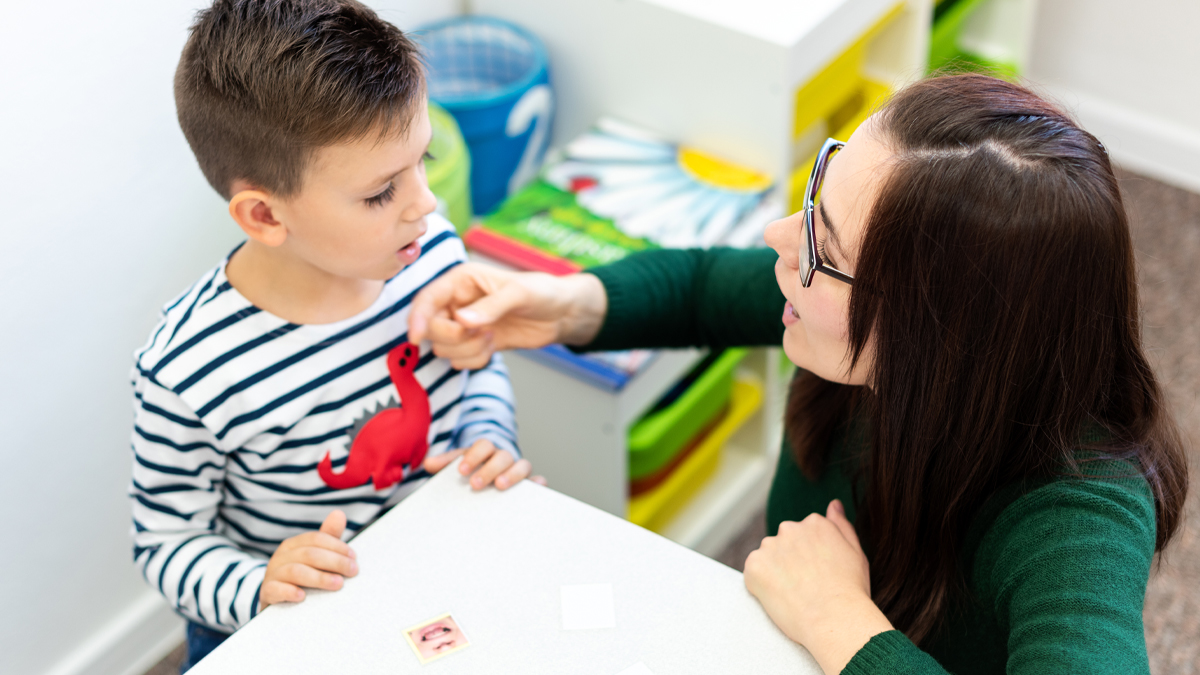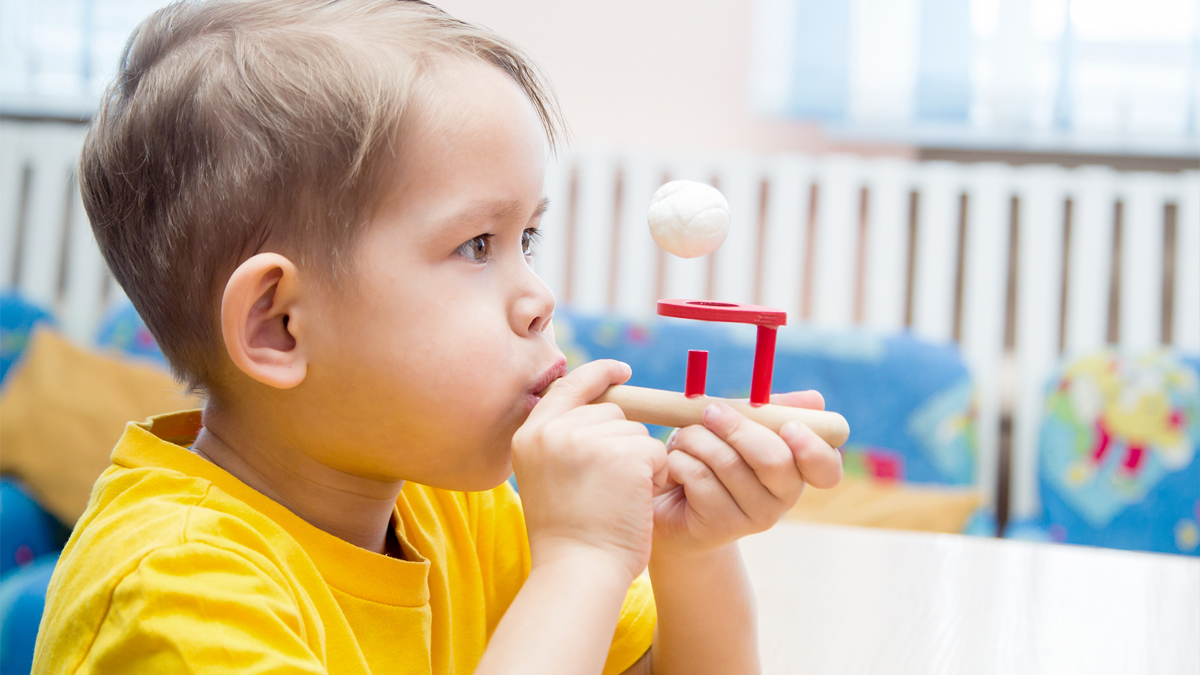Learn in an inspiring environment with excellent teaching informed by cutting-edge research and clinical expertise.
Speech and language therapy is a varied profession which integrates theory from a range of disciplines to support clients. You will cover the key areas of speech and language therapy, including:
- medicine
- psychology
- linguistics
- phonetics
- communication and swallowing disorders
- clinical practice.



